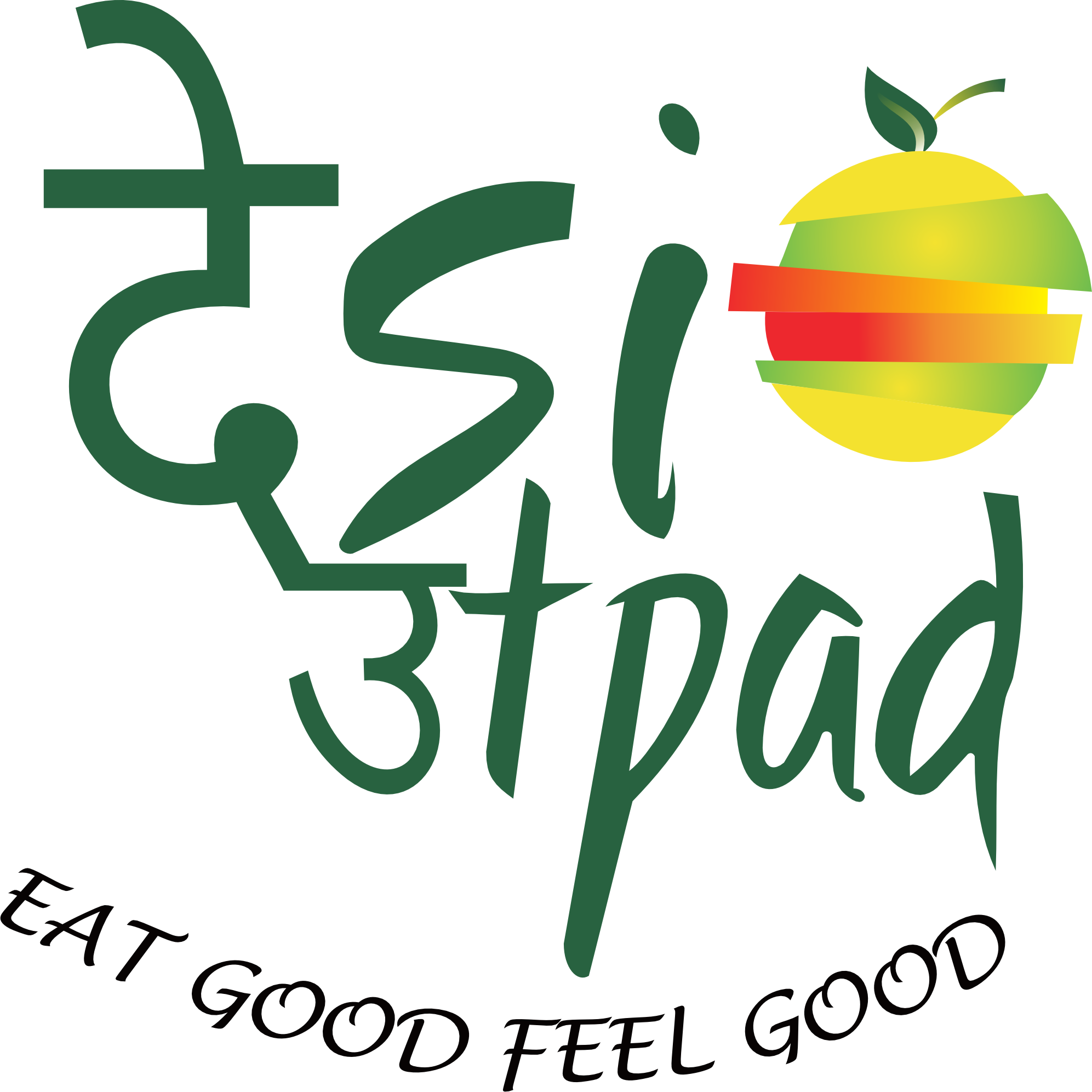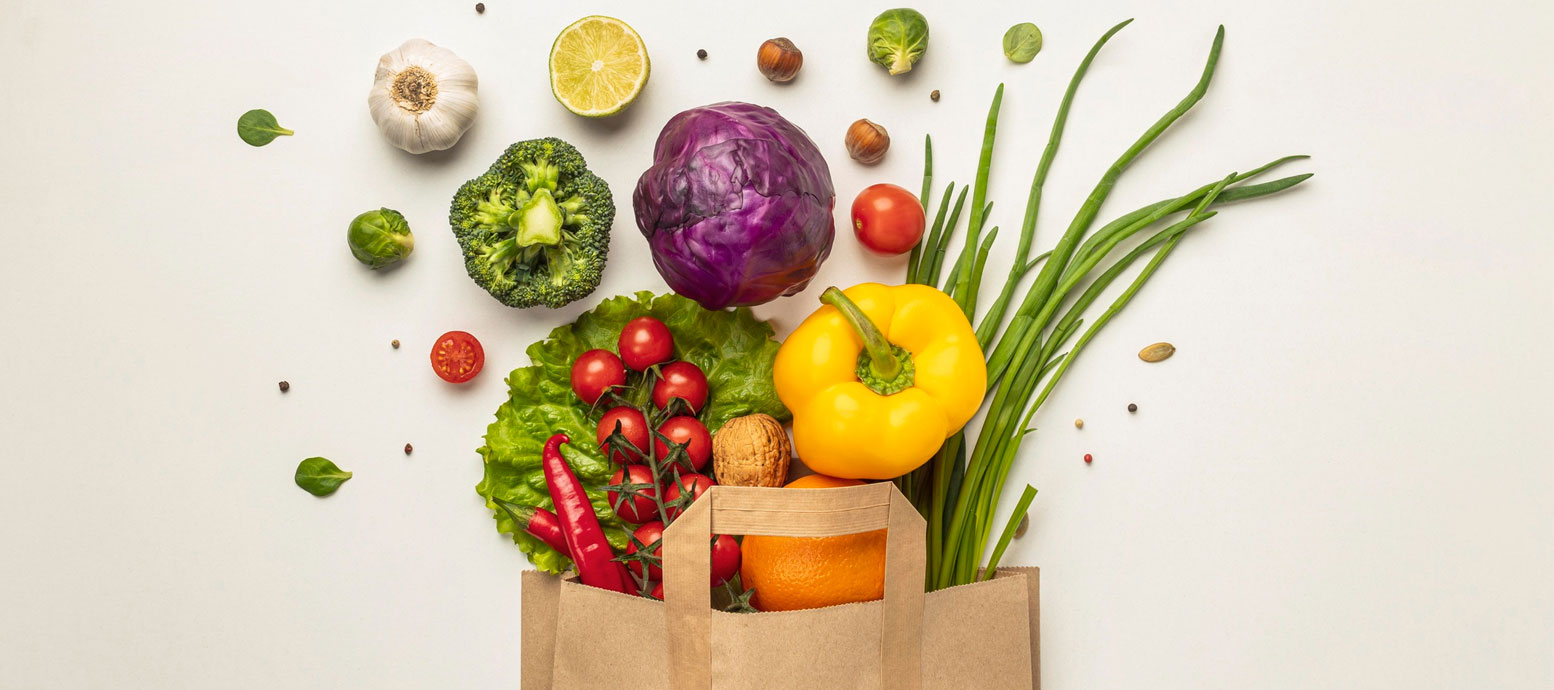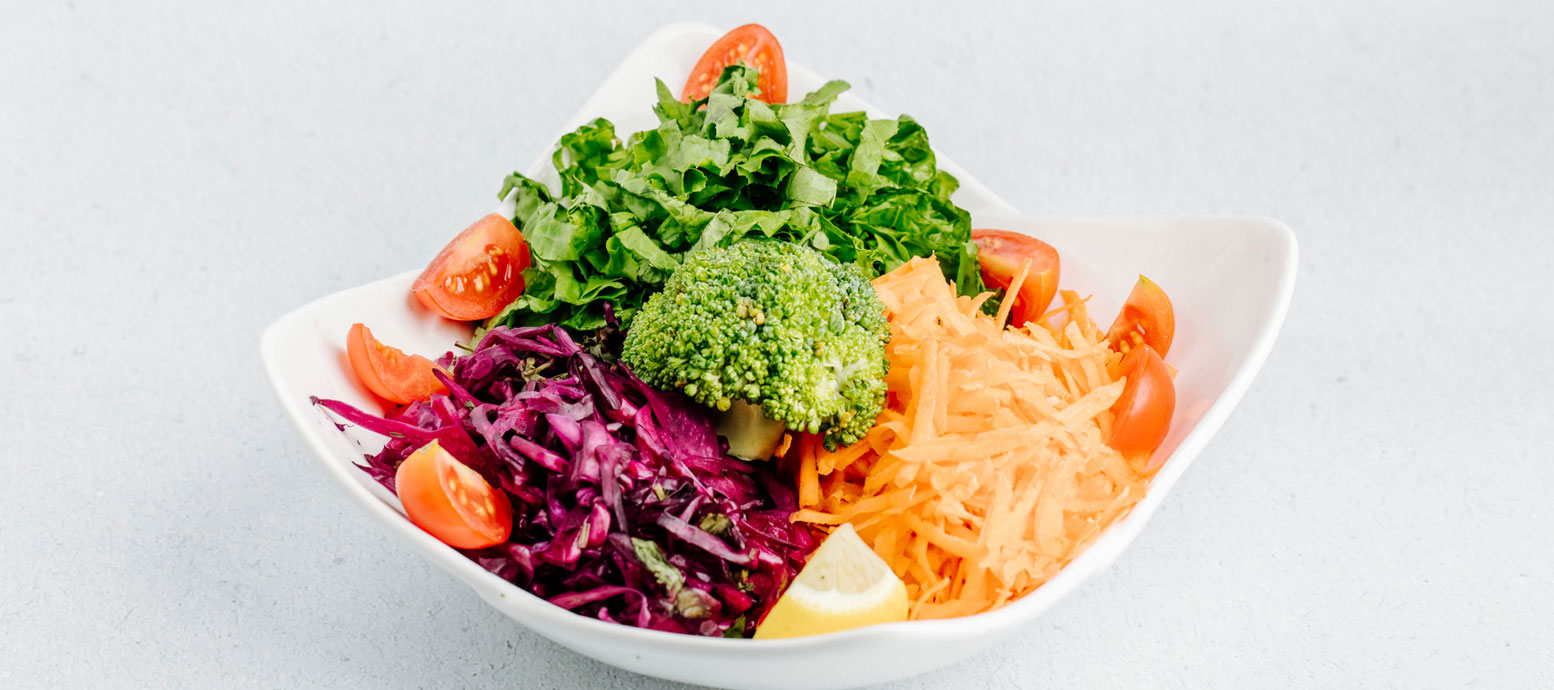In the modern pursuit of fitness and health, many are rediscovering the wisdom of traditional Indian diets. Rooted in centuries of cultural and agricultural heritage, these diets offer a holistic approach to nourishment that goes beyond mere calories. In this blog, we explore the rich benefits of traditional Indian foods and why they remain relevant in today’s fast-paced world.
What Makes Traditional Indian Diets Special?
Traditional Indian diets are a harmonious blend of taste, nutrition, and cultural practices. They emphasize seasonal, locally-sourced ingredients, minimal processing, and natural flavors. This approach not only ensures maximum nutrient retention but also supports sustainable living.
Key Elements of a Traditional Indian Diet
- Whole Grains: Millets like ragi, jowar, and bajra; rice varieties like red rice and brown rice; and wheat are staples, providing energy, fiber, and essential minerals.
- Legumes and Pulses: Lentils, chickpeas, and beans are packed with protein, making them a cornerstone of vegetarian diets.
- Spices and Herbs: Turmeric, cumin, coriander, and ginger not only add flavor but also come with medicinal properties.
- Fermented Foods: Items like idli, dosa, and curd improve gut health and digestion.
- Seasonal Vegetables and Fruits: Fresh, locally available produce ensures a high intake of vitamins and antioxidants.
- Healthy Fats: Ghee, mustard oil, and coconut oil are used in moderation, providing essential fatty acids.
Traditional Indian diets are a treasure trove of health benefits, cultural richness, and sustainability. In an era dominated by fast food and instant meals, going back to our roots can be a transformative journey. Whether you’re looking to improve your health, reconnect with heritage, or make eco-conscious choices, traditional Indian diets provide the perfect roadmap.
The Health Benefits of Traditional Indian Diets
1. Rich in Nutrients
Traditional diets emphasize whole, unprocessed ingredients, ensuring a balanced intake of macronutrients and micronutrients. For example, ragi is a powerhouse of calcium, while lentils are rich in iron and protein.
2. Supports Digestive Health
Spices like ginger, cumin, and fennel are known for their digestive benefits. Fermented foods like pickles and yogurt add probiotics, promoting a healthy gut microbiome.
3. Boosts Immunity
Turmeric, with its active compound curcumin, and other spices like black pepper and garlic, enhance the body’s immune response.
4. Sustainably Sourced
Traditional Indian diets rely on seasonal, locally grown produce, which is not only fresher but also more environmentally friendly.
5. Prevents Lifestyle Diseases
Switching to traditional diets can reduce the risk of diabetes, heart disease, and obesity. Whole grains and pulses have a low glycemic index, making them ideal for blood sugar control.
How to Incorporate Traditional Indian Foods into Modern Lifestyles
- Start Your Day Right: Begin with a wholesome breakfast like poha, upma, or millet porridge.
- Balanced Lunches: Include a combination of whole grains, pulses, vegetables, and a side of curd or pickle.
- Snacks with a Twist: Opt for roasted chana, makhana, or homemade laddoos instead of processed snacks.
- Dinner: Keep it light with dishes like khichdi, dal soup, or chapati with sautéed vegetables.
- Hydration: Sip on buttermilk, coconut water, or herbal teas.
Reviving Ancient Grains
One of the standout features of traditional Indian diets is the use of ancient grains like millets, barley, and amaranth. These grains, often termed “superfoods,” are making a comeback for their unparalleled health benefits:
- Ragi: High in calcium and perfect for bone health.
- Jowar: Gluten-free and excellent for digestion.
- Amaranth: Packed with protein and ideal for muscle repair.
- Barley: Aids in lowering cholesterol and maintaining heart health.
Cultural Significance of Food
Traditional Indian meals are often intertwined with festivals, rituals, and familial bonds. For instance, Pongal is celebrated with a sweet rice dish, while festive occasions in North India are incomplete without puris and halwa. This cultural connection fosters a sense of belonging and mindfulness around food.
Supporting Local Farmers and Artisans
By embracing traditional diets, you indirectly support small-scale farmers and local artisans who work tirelessly to preserve India’s agricultural legacy. Purchasing indigenous grains, spices, and organic produce contributes to rural economies and sustainable practices.Final Thoughts
Rediscover the joy of wholesome eating and let the flavors of tradition enrich your life. Start your journey today and embrace the wisdom of the past for a healthier future.



